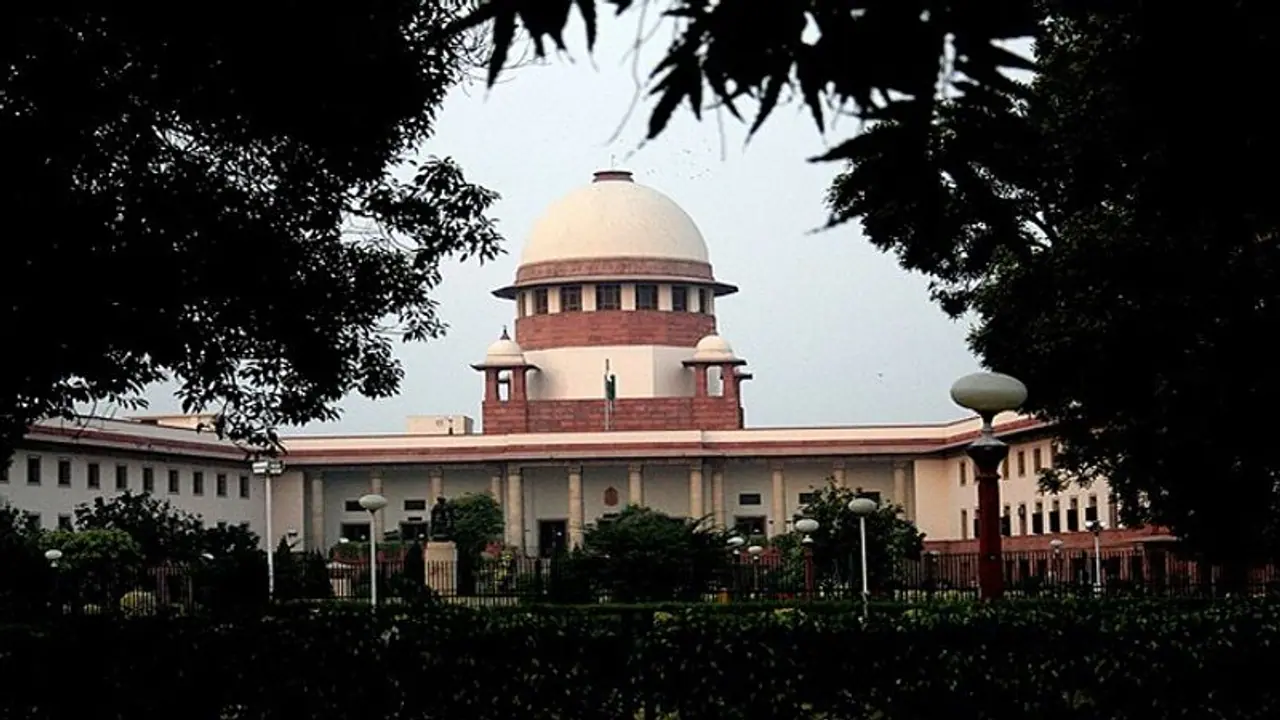The five-judge Constitution bench comprising Justices S Abdul Nazeer, AS Bopanna, BR Gavai, V Ramasubramanian and BV Nagarathna held that the grounds mentioned in Article 19(2) for restricting free speech are exhaustive and applicable to all citizens.
The Supreme Court Constitution Bench has held that no additional restrictions, other than those prescribed under Article 19(2) of the Constitution, can be imposed on a citizen under the right to freedom of speech And expression.

The five-judge Constitution bench comprising Justices S Abdul Nazeer, AS Bopanna, BR Gavai, V Ramasubramanian and BV Nagarathna held that the grounds mentioned in Article 19(2) for restricting free speech are exhaustive and applicable to all citizens.
Also Read: Kanjhawala Accident Case Updates: CCTV shows pillion-rider on scooty; accused were drunk
The Apex court verdict came on a batch of petitions related to the scope of freedom of speech of public functionaries. The petitions sought greater restrictions imposed on public functionaries' rights in the greater interest of citizens and their right to life and personal liberty.
The Constitution Bench, barring Justice Nagarathna, who gave a separate judgment, ruled that a mere statement by a minister inconsistent with the citizens' rights does not form to be a constitutional tort "but if it leads to omission or commission of the offence by a public official, then it is a constitutional tort."
The case arose from the Bulandshahar rape incident wherein then Uttar Pradesh minister and Samajwadi Party leader Azam Khan had sought to trivialise the matter by terming it a political conspiracy and publicity stunt. Khan later tendered an apology for his statement after the survivors filed a writ petition before the Apex Court seeking action against him for tarnishing their reputation.
The case was forwarded to a Constitution Bench to examine concerns about state obligations and freedom of speech and expression. The concerns included whether the court can impose restrictions on the freedom of speech and expression beyond what is provided in Article 19 (2) of the Constitution and whether a minister's statement should be attributed to the government for not keeping in mind the collective responsibility principle.
To the latter, the Constitution Bench ruled that a minister's statements cannot be attributed vicariously to the government even if traceable to any affairs of state or protecting the government.
Also Read: Alcohol worth Rs 218 crore sold in Delhi during last week of 2022
